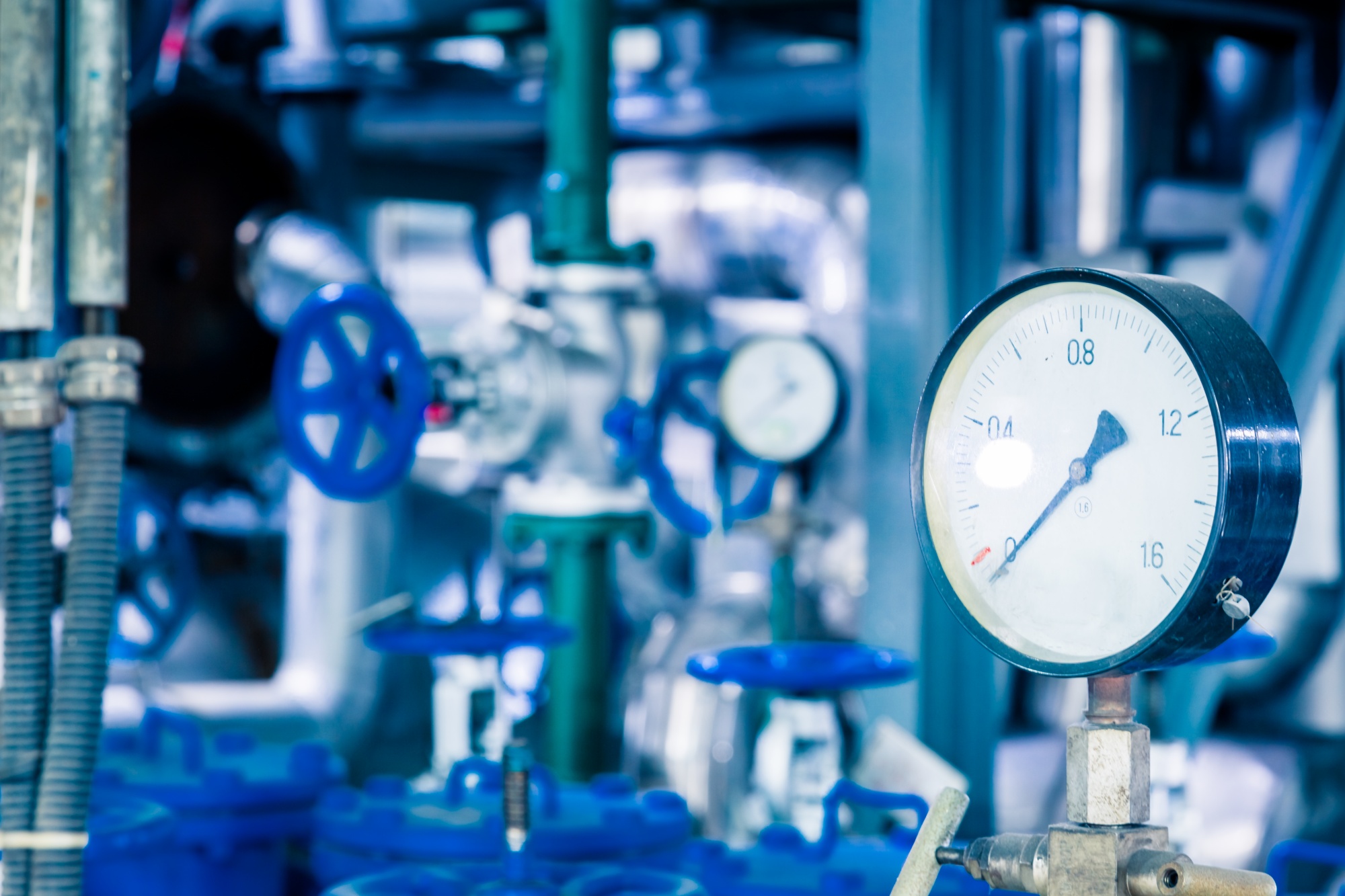Course Details
Your Growth, Our Mission

Course Description
The Training Course Will Highlight ?
Training Objective
Target Audience
Training Methods
This interactive Training will be highly interactive, with opportunities to advance your opinions and ideas, and will include:
- Lectures
- Workshop & Work Presentation
- Case Studies and Practical Exercise
- Videos and General Discussions
Daily Agenda
Overview of Pressure Equipment and Piping and Related Codes and Standards
- Review of general engineering principles
- Design conditions and specifications
- Basic stress and strain calculations
- Hoop and radial stresses in vessels and piping
- Welding processes
- Importance of codes and standards
- Codes and standards organizations
- ASME
- ASTM
- ISO
- API
- ANSI
- EN
- Development of codes and standards – consensus
- Limitations of codes and standards – they are not design handbooks
- ASME history and general policies
- BPV Code
- B31 Piping Code
- Referenced standards
- B16
- API 510
- API 570
- Background
- PCC-1 – 2010 Guidelines for Pressure Boundary Bolted Flange Joint Assembly
- PCC-2 – 2008 Repair of Pressure Equipment and Piping
- PCC-3 – 2007 Inspection Planning Using Risk-Based Methods
- Primary factors that influence material selection for pressure vessels
- Maximum allowable material stresses specified by the ASME Code
- ASME Code and Brittle-Fracture Evaluation
- Introduction to the ASME Codes and Standards
- ASME Post Construction Standards
- Materials of Construction
ASME Boiler and Pressure Vessel Code – Service Sections
- ASME BPV Code of Service Sections – II, V, and IX
- ASME Section II – Materials
- Part A – Ferrous Material Specifications
Accreditation
Quick Enquiry
Request Info
Related Courses
Your Growth, Our Mission

